Japan's lower house dissolved for snap election
Updated: 2014-11-21 13:42
(Agencies)
|
||||||||
 |
|
Japanese Lower House lawmakers raise their hands and shouts "banzai" (cheers) after the dissolution of lower house was announced at the Parliament in Tokyo November 21, 2014.[Photo/Agencies] |
TOKYO - Prime Minister Shinzo Abe dissolved the lower house of Japan's parliament Friday, forcing a snap election in an apparent bid to shore up support for his scandal-plagued government.
His ruling Liberal Democratic Party, which has been in power for most of the post-World War II era, may lose some seats but is likely to retain a solid majority with its coalition partner in the 480-seat lower house.
The election, expected to be held Dec. 14, follows Abe's decision this week to postpone a planned increase in the sales tax after figures released Monday showed the economy slipped into recession. He is portraying the election as a referendum on his economic revitalization policies, known as Abenomics, and the postponement of the tax hike _ from the current 8 percent to 10 percent _ that had been planned for next October.
"The battle is now starting," he said, rallying party members shortly after the dissolution. "We'll make an all-out fight in this battle so that we all can come back here to resume our responsibility to make Japan a country that shines in the center of the world."
The snap poll has puzzled many voters as it as Abe has been prime minister for only about two years.
Abe may see it as a chance to get a fresh mandate for his rule, which began in December 2012, and clean house after recent scandals involving Cabinet members dragged down his approval ratings, experts say. Two Cabinet ministers have resigned and others have come under attack for alleged campaign finance and election law violations.
"It was certainly to prolong his life as prime minister," said Mieko Nakabayashi, a former lawmaker who teaches at Waseda University in Tokyo
With the opposition parties in disarray, Abe can be fairly confident voters will give the LDP a victory that will keep him in office. The public's focus is on the economy and few voters would oppose delaying a tax increase.
The main opposition Democratic Party of Japan, which led the country for three years until September 2012, deeply disappointed voters with their failure to achieve promised goals and perceived lack of leadership. While Abe isn't wildly popular among public, voters appear to be more willing to trust him and the LDP, which led Japan for decades, including through its high-growth era in the 1960s and into the booming 1980s.
In the first half of next year, Abe plans to tackle contentious issues that could erode support for his government, namely legislation to expand Japan's military role and restart nuclear power plants.
"It's like pushing a reset button," said Koichi Nakano, an international politics professor at Sophia University in Tokyo.
Abe got a rare second term as prime minister after stepping down just a year into his rocky first term in office in 2006-2007. His support ratings started out high as share prices surged in early 2013. But they have fallen recently as parliament got bogged down in squabbles over campaign finance scandals that forced out two of his Cabinet ministers within weeks of an early September reshuffle.
On Monday, Japan said its economy _ the world's third-largest _ unexpected shrank at 1.6 percent pace in the third quarter, the second straight quarterly contraction, which is the common definition of a recession. The slowdown has been largely blamed on a hike in the sales tax in April from 5 percent to 8 percent, which dragged on business investment and consumer spending.
Japan has needed to raise taxes to help bring in more revenues to reduce its ballooning national debt, the largest among industrialized nations.
- Japan PM's support at lowest ever as nation heads for election
- Japan's cabinet approves dissolution of lower house
- Japan cuts whaling target in bid to resume hunt
- Japan PM to seek fresh mandate for "Abenomics" with snap poll
- Japan in recession as economy contracts 1.6%
- Time for Abe to walk his talk
- Japanese PM to dissolve lower house, delays sales tax hike
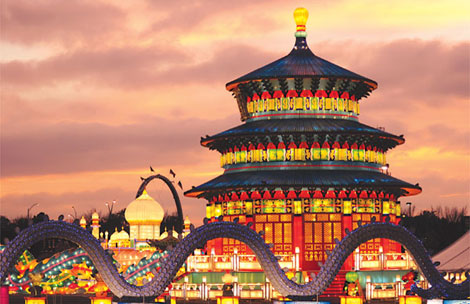
 Chinese lantern festival is coming to California
Chinese lantern festival is coming to California
 Early start to family life
Early start to family life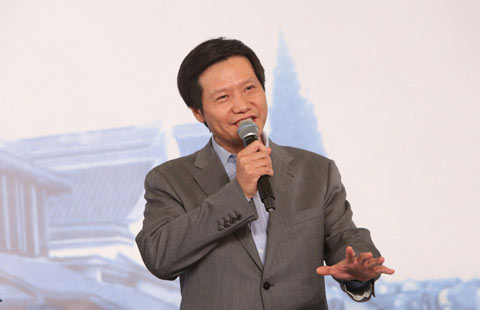
 IT titans at WIC excited about future
IT titans at WIC excited about future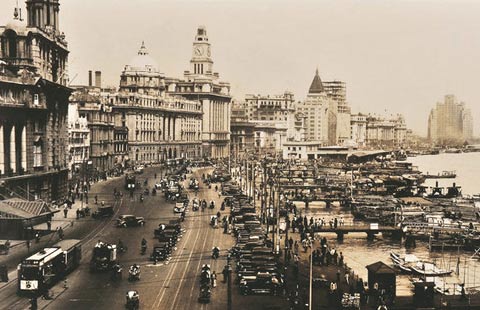
 Photos reveal China scenes in the 1930s
Photos reveal China scenes in the 1930s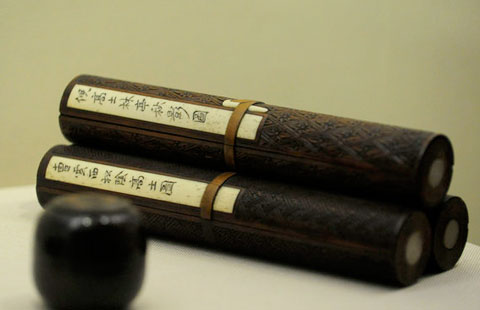
 Culture Insider: Popular gifts in past decades
Culture Insider: Popular gifts in past decades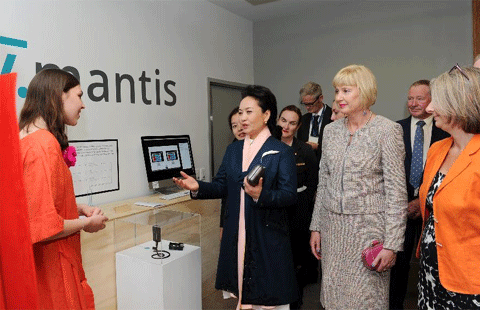
 Peng Liyuan visits Massey University in Wellington, New Zealand
Peng Liyuan visits Massey University in Wellington, New Zealand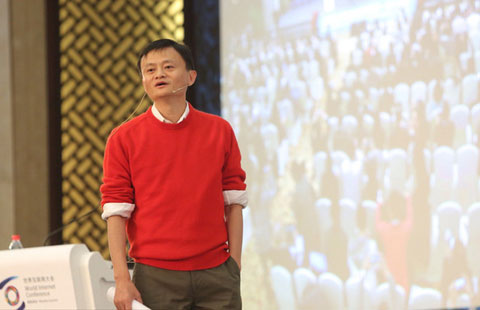
 Jack Ma shares tips at Internet summit
Jack Ma shares tips at Internet summit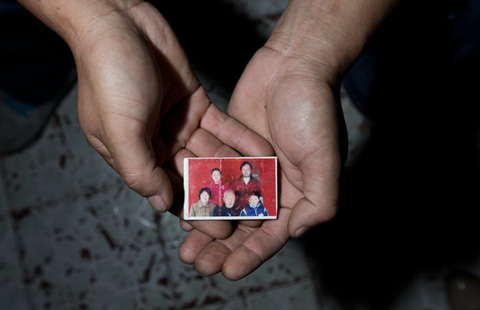
 Painful search for reunion
Painful search for reunion
Most Viewed
Editor's Picks

|

|

|
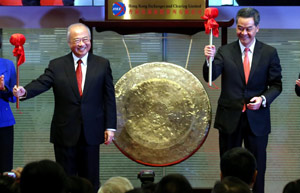
|

|

|
Today's Top News
Gunman shot dead after wounding 3 at Florida campus
Chinese lantern festival is coming to California
Cookstove technology key in fighting pollution
Chinese supercomputer still top-ranked
Lesson in Chinese history
Obama takes executive action on immigration
Deng Long: New York supermarket king
China wants its voice
heard in cyberspace
US Weekly

|

|







